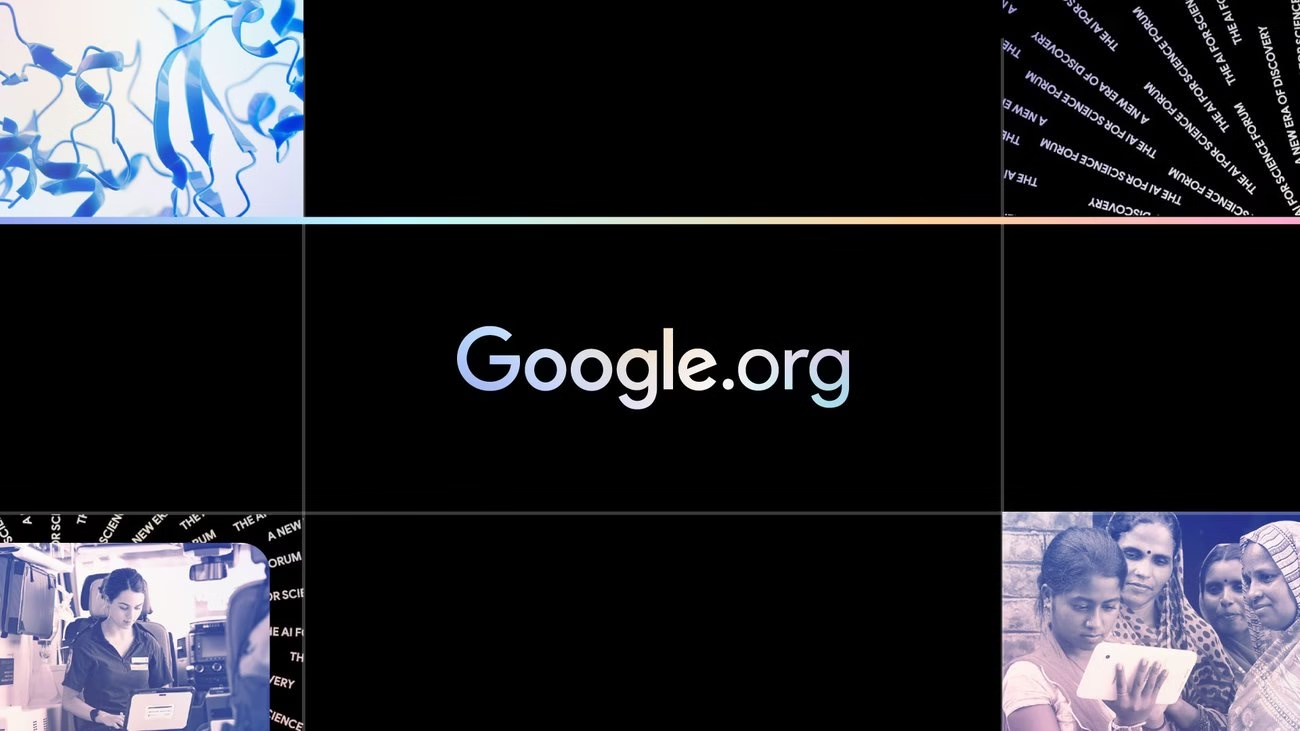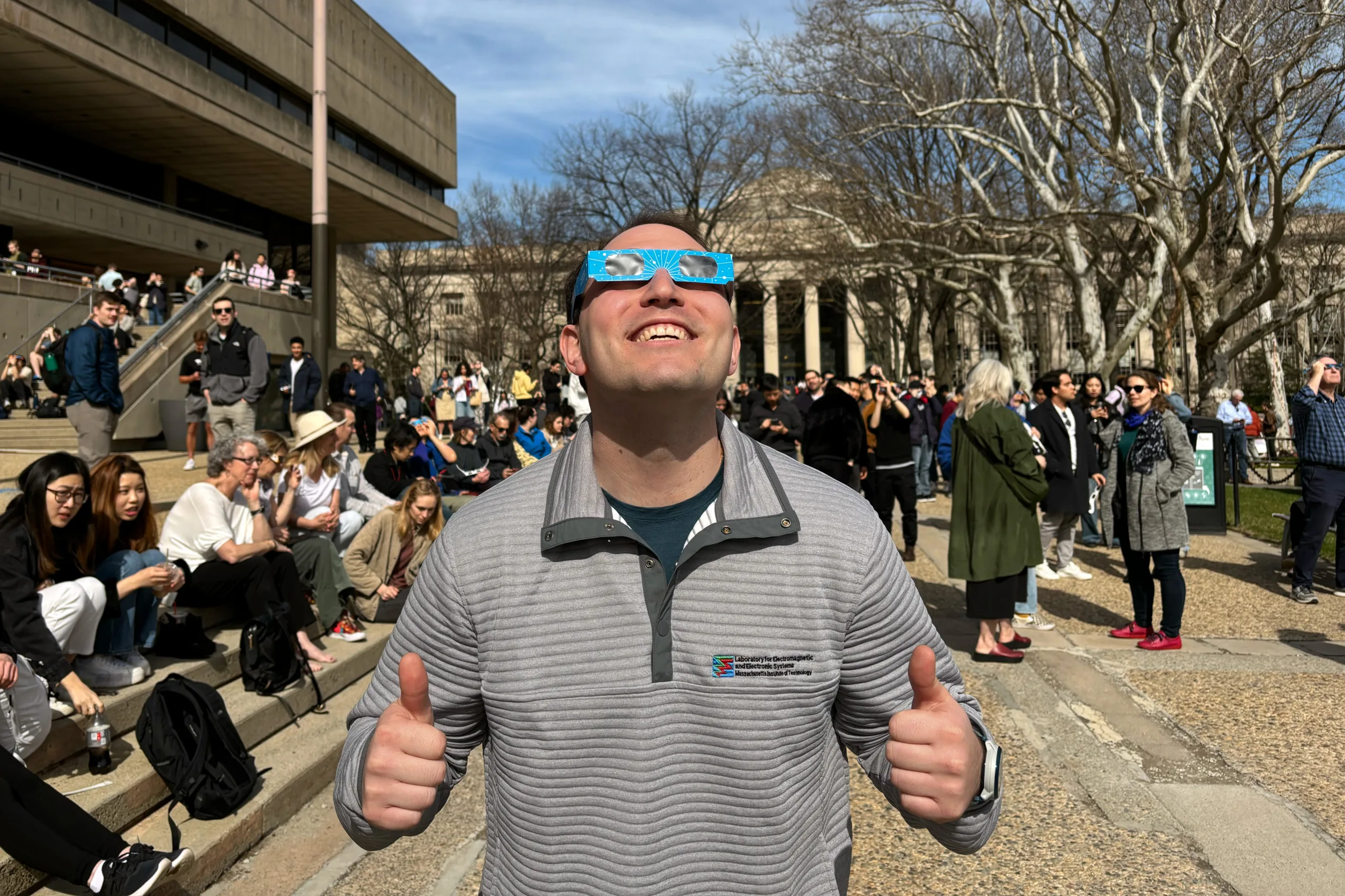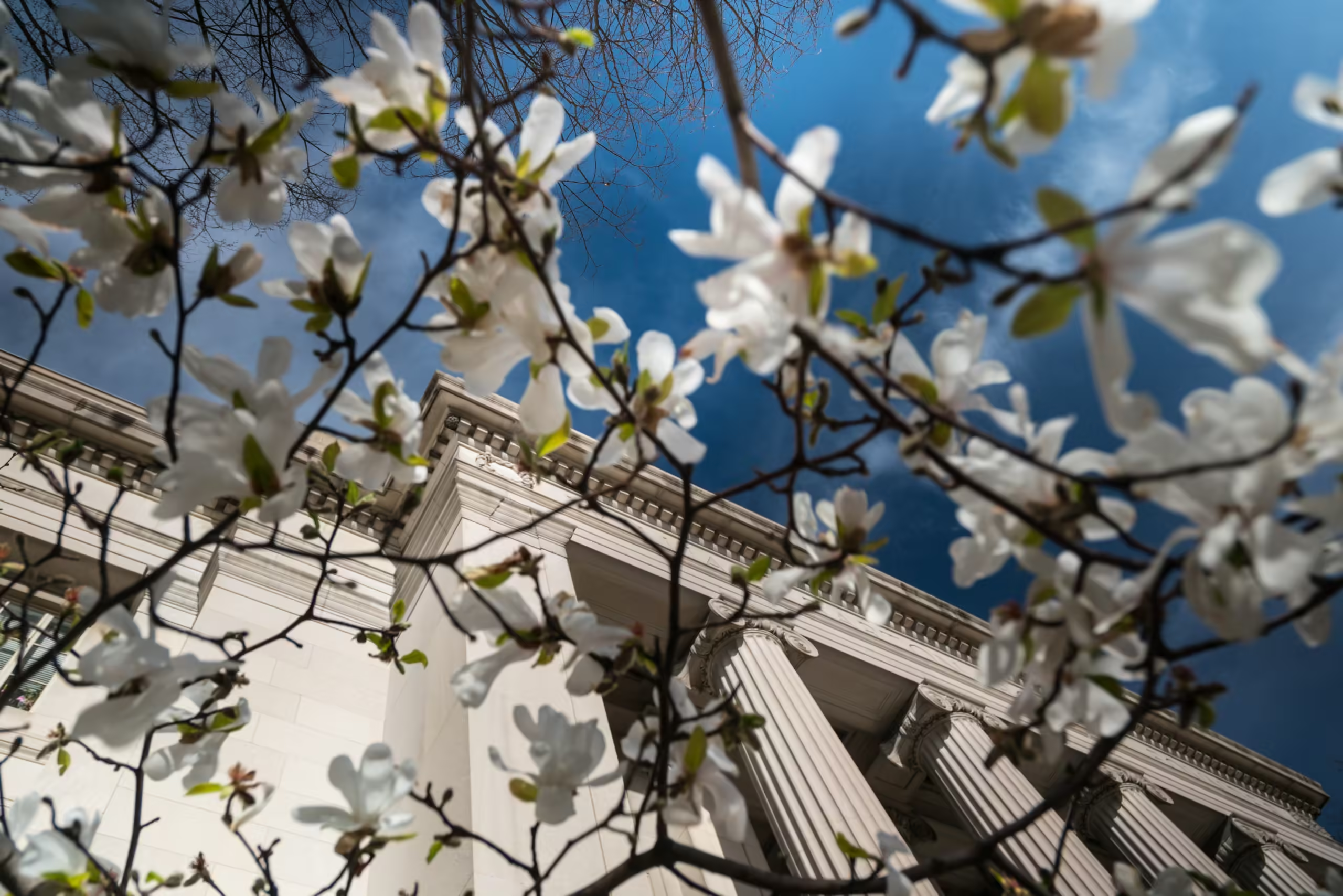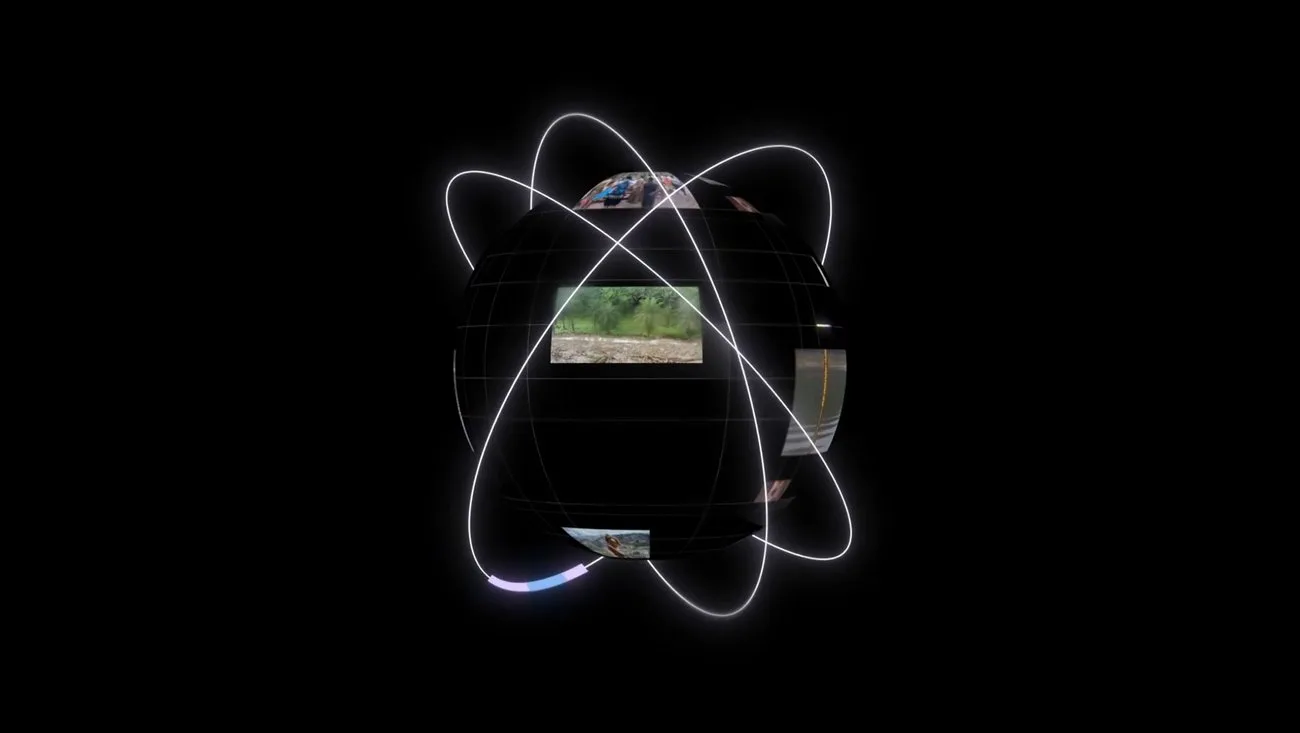Recent Nobel Prize Awarded to Demis Hassabis and John Jumper
The recent awarding of the Nobel Prize in Chemistry to Demis Hassabis and John Jumper for their contributions to protein structure prediction through AlphaFold demonstrates the incredible advancements AI can bring to the scientific community. Already, over 2 million researchers across 190 countries have utilized AlphaFold to help accelerate the fight against malaria, combat widespread and deadly parasitic diseases, and pave the way for new Parkinson’s treatments. AI is enabling progress across a range of scientific fields, from hydrology to neuroscience and climate science.
Requirements for AI-Driven Scientific Breakthroughs
For AI to enable the next generation of scientific breakthroughs, scientists require funding, computational power, cross-domain expertise, and access to infrastructure, including fundamental datasets like the Protein Data Bank that supported AlphaFold’s work.
Google.org’s $20 Million Funding Announcement
Today, at the first AI for Science Forum organized by Google DeepMind and the Royal Society, Google.org announced a $20 million funding initiative to support academic and nonprofit organizations worldwide using AI to tackle increasingly complex problems at the intersections of various scientific disciplines. Promising areas include research on rare and neglected diseases, experimental biology, materials science, and sustainability.
Collaboration and Support
We will collaborate with leaders from our Google DeepMind, Google Research, and other AI-focused teams, as well as external experts, to identify and announce the organizations. Additionally, we will provide $2 million in Google Cloud credits and volunteer technical expertise from Googlers.
Building on Previous Investments
This funding builds on the more than $200 million that Google.org has offered to organizations using AI to accelerate scientific work over the past five years. This includes developing new plastics, improving the detection, treatment, and understanding of women’s cancer through the Women’s Cancer Institute coordinated by Institut Curie, and aiding Médecins Sans Frontières in tackling antibiotic resistance.
Encouraging Future Scientific Discoveries
Time and again, funding, technology, and collaboration have come together to drive scientific discovery. We hope this new funding will help incubate more Nobel-level achievements that improve the lives of millions—and that other philanthropic, public, and private funders will join us in investing in meaningful long-term outcomes that showcase AI’s ability to enable science at the speed of digital.



